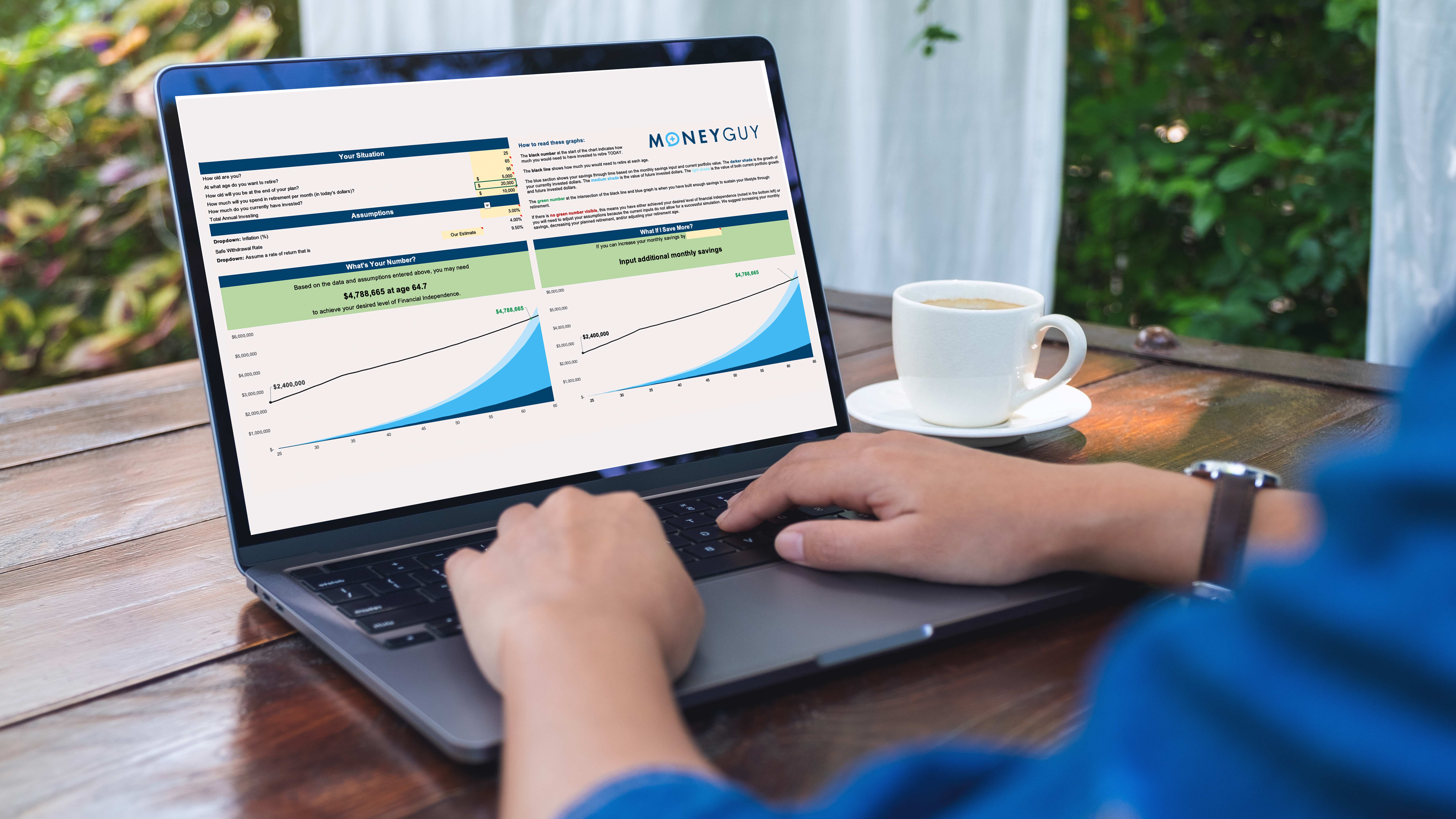
Change your life by
managing your money better.
Subscribe to our free weekly newsletter by entering your email address below.

Subscribe to our free weekly newsletter by entering your email address below.
Love him or not, Dave Ramsey is a financial planning phenomenon.
Consider his popularity: Ramsey’s syndicated radio program, The Dave Ramsey Show, is heard on over 325 radio stations throughout the United States and Canada. Besides being a radio personality, he’s written almost 15 books, three of which have been on the New York Times Bestseller list. More recently, Ramsey’s also launched a popular show on the Fox Business Network, The Dave Ramsey Show. And yes, he’s a semi-regular on Oprah 😉
Ramsey’s core message is consistent. More than anything, he evangelizes his seven steps to financial independence:
Simple, no? And yet, many find Ramsey’s advice simplistic, misguided, or just wrong. Ignoring conventional wisdom on many topics, he draws upon his personal experiences to craft financial and life advice that’s often, to say the least, controversial.
So where do I stand?
I’ll surprise some with this, but I’d say I agree with about 90% of what Ramsey talks about. While he sometimes strays too far from what he knows best — human psychology — I still feel that Ramsey offers an incredibly valuable service to his listeners. While we pride ourselves here for going “beyond common sense”, we shouldn’t forget those just starting the personal finance journey. Kudos to Ramsey for seeing this group’s need for straight advice and the honor in serving them.
In this show, I’d like to take some of Ramsey’s thoughts and processes, expand on them a bit, and even go a little farther in depth than he does on some investing topics. I’ll share my feelings on his steps to financial independence, his approach to investing, the difference between risk tolerance and risk capacity, the emotions associated with investing, and some of the benefits of saving for retirement early.


Financial Order of Operations®: Maximize Your Army of Dollar Bills!
Here are the 9 steps you’ve been waiting for Building wealth is simple when you know what to do and…
View Resource
Is a High Yield Savings Account Still the Best Place to Keep an Emergency Fund?
Read MoreHow Everyday 30-Year-Olds Can Stay on the Path to Becoming Millionaires!
Read MoreHow to Become a Millionaire By Age (30-Year-Olds): 2024 Edition
Read More

How about more sense and more money?
Check for blindspots and shift into the financial fast-lane. Join a community of like minded Financial Mutants as we accelerate our wealth building process and have fun while doing it.




It's like finding some change in the couch cushions.
Watch or listen every week to learn and apply financial strategies to grow your wealth and live your best life.
Subscribe to our free weekly newsletter by entering your email address below.